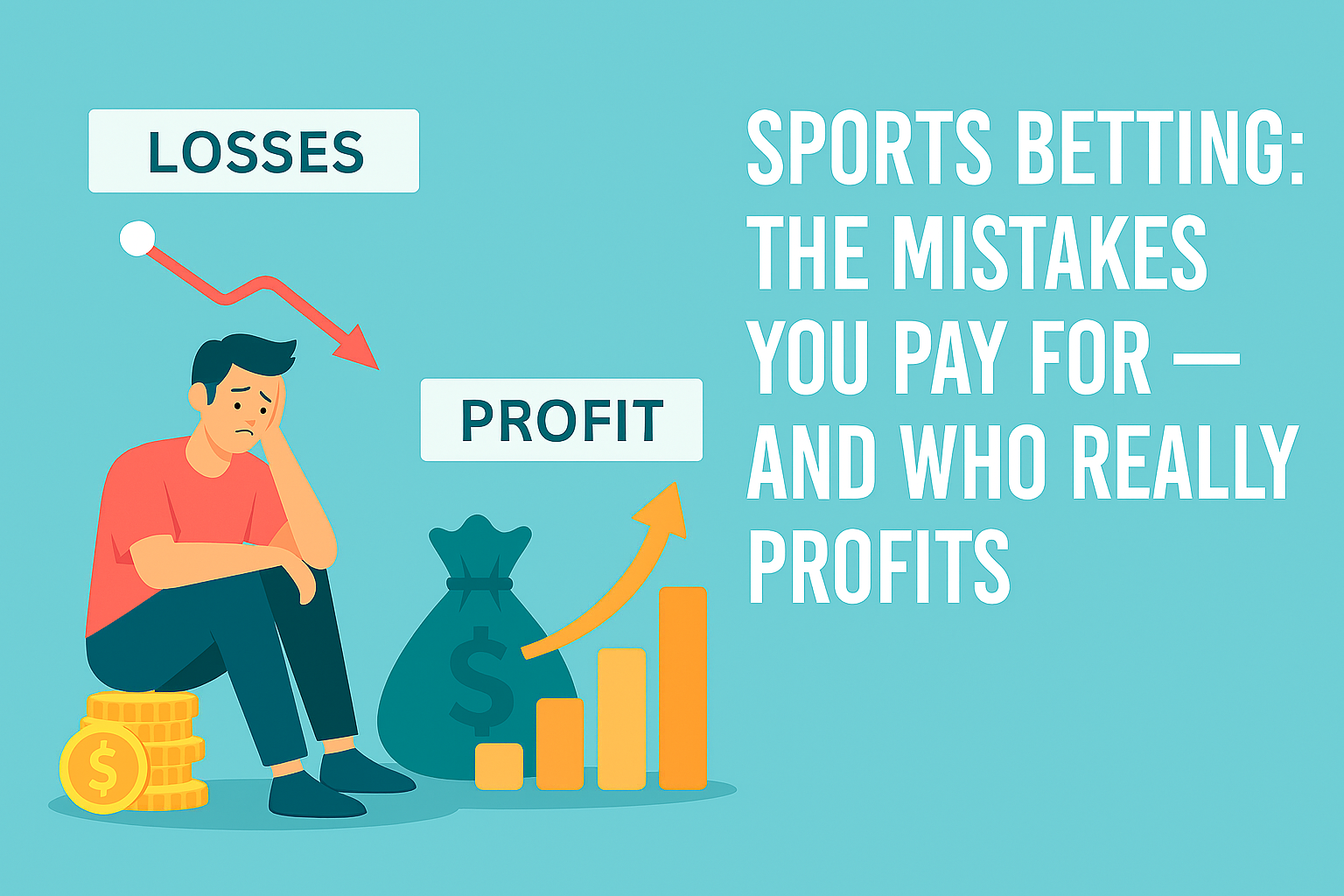Sports betting has evolved from a casual pastime into a sophisticated arena that blends statistics, psychology, data analysis, and strategic risk management. It’s no longer just about placing a bet — it’s about making informed decisions where knowledge and discipline can truly shift the odds.
The Shift from Instinct to Analytics
Traditionally, many bettors relied on gut feeling or insider tips to make their selections. Today, access to data is unprecedented: team form, xG (expected goals), head-to-head records, injury reports, and live match stats. Analyzing this information allows bettors to transform gambling into a calculated investment.
Strategic Betting Approaches
Betting isn’t limited to picking a winner. Experienced players use:
Value betting: Identifying odds that are higher than the true probability of an outcome.
Live betting: Reacting to match dynamics and exploiting in-play momentum.
Asian handicap: Leveling the playing field between teams of different strengths.
Under/Over goals: Based on scoring trends and defensive patterns.
BTTS (Both Teams To Score): Ideal for matches with attacking flair and shaky defenses.
These methods rely on logic, not luck — and reward those who study the game.
Bankroll Management & Discipline
Strategy without proper bankroll management is like driving without brakes. Bettors must define unit sizes, avoid chasing losses, and stick to a long-term plan. Discipline is the foundation of sustainable profitability.
Psychology & Human Bias
Betting is full of psychological traps:
Overconfidence after wins
Tilt after losses
Confirmation bias — seeking data that supports your initial opinion
Recognizing these patterns helps bettors stay objective and avoid emotional decisions.
Conclusion
Sports betting isn’t just luck — it’s a game of knowledge, discipline, and strategy. Those who approach it seriously can turn the experience into a meaningful process with long-term potential. The key is consistency, analysis, and accepting that losses are part of the journey — but smart decisions can tilt the balance.



